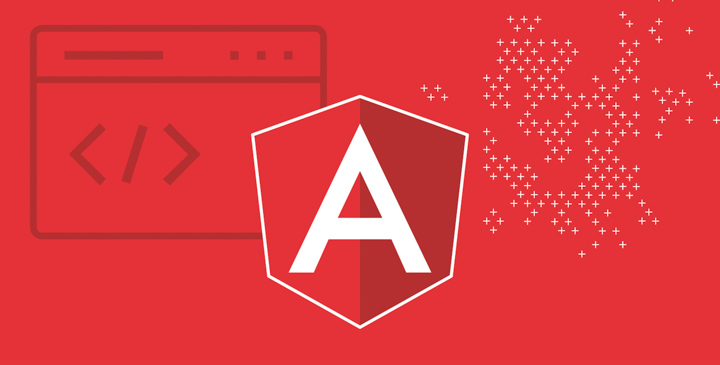
Optimizing Performance in Angular
Introduction
Performance is crucial for an exceptional user experience. In this article, we will explore advanced techniques to optimize the performance of Angular applications, from initial loading to user interaction.
Lazy Loading of Modules
Lazy loading of modules is a strategy that involves loading parts of the application only when needed. I will share tips on effectively implementing lazy loading in Angular to reduce initial loading time and improve application responsiveness.
Change Detection Strategies
Angular uses change detection to update the user interface based on changes in the application state. Learn how to choose the appropriate change detection strategy based on the specific needs of your application to minimize unnecessary updates and improve performance.
Optimizing HTTP Requests
Handling HTTP requests is a crucial part of any web application. I will share best practices for optimizing HTTP calls, minimizing network latency, and efficiently managing client-side data.
Performance Metrics with Angular CLI
Angular CLI offers powerful tools to assess the performance of your application. Discover how to use these tools to measure loading times, identify bottlenecks, and make significant improvements to your application.
Conclusion
By adopting these optimization techniques, you can create Angular applications that deliver outstanding performance, ensuring a smooth and responsive user experience.